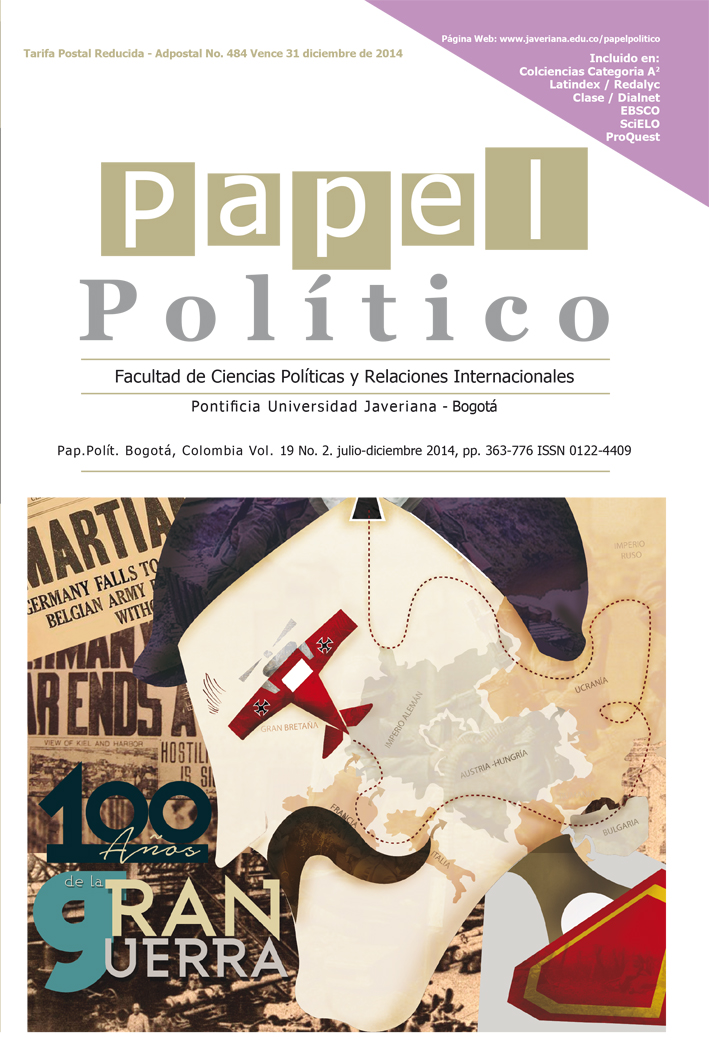Abstract
Although the reference to law on public policy theory is scarce, legal interest in this topic has increased in Colombia in recent years. One reasonfor this connection is the repetitive reference to the concept of public policy in constitutional jurisprudence. The aim of this paper is to reconstructthe narrative of the Colombian ConstitutionalCourt about the notion of public policy since the promulgation of the 1991 Constitution until 2013. The approach to accomplish this task is the narrative analysis of public policy which is addressed primarily by Emery Roe (1994). The reconstruction of such narrative takes place in two stages: first, I explore different scenarios in which the Court refers to public policy in its narrative. Second, I analyze the formal aspect of the narrative, that is, the different ways how the Court understands the public policies and what is the legal form that these policies should take.This journal is registered under a Creative Commons Attribution 4.0 International Public License. Thus, this work may be reproduced, distributed, and publicly shared in digital format, as long as the names of the authors and Pontificia Universidad Javeriana are acknowledged. Others are allowed to quote, adapt, transform, auto-archive, republish, and create based on this material, for any purpose (even commercial ones), provided the authorship is duly acknowledged, a link to the original work is provided, and it is specified if changes have been made. Pontificia Universidad Javeriana does not hold the rights of published works and the authors are solely responsible for the contents of their works; they keep the moral, intellectual, privacy, and publicity rights.
Approving the intervention of the work (review, copy-editing, translation, layout) and the following outreach, are granted through an use license and not through an assignment of rights. This means the journal and Pontificia Universidad Javeriana cannot be held responsible for any ethical malpractice by the authors. As a consequence of the protection granted by the use license, the journal is not required to publish recantations or modify information already published, unless the errata stems from the editorial management process. Publishing contents in this journal does not generate royalties for contributors.


